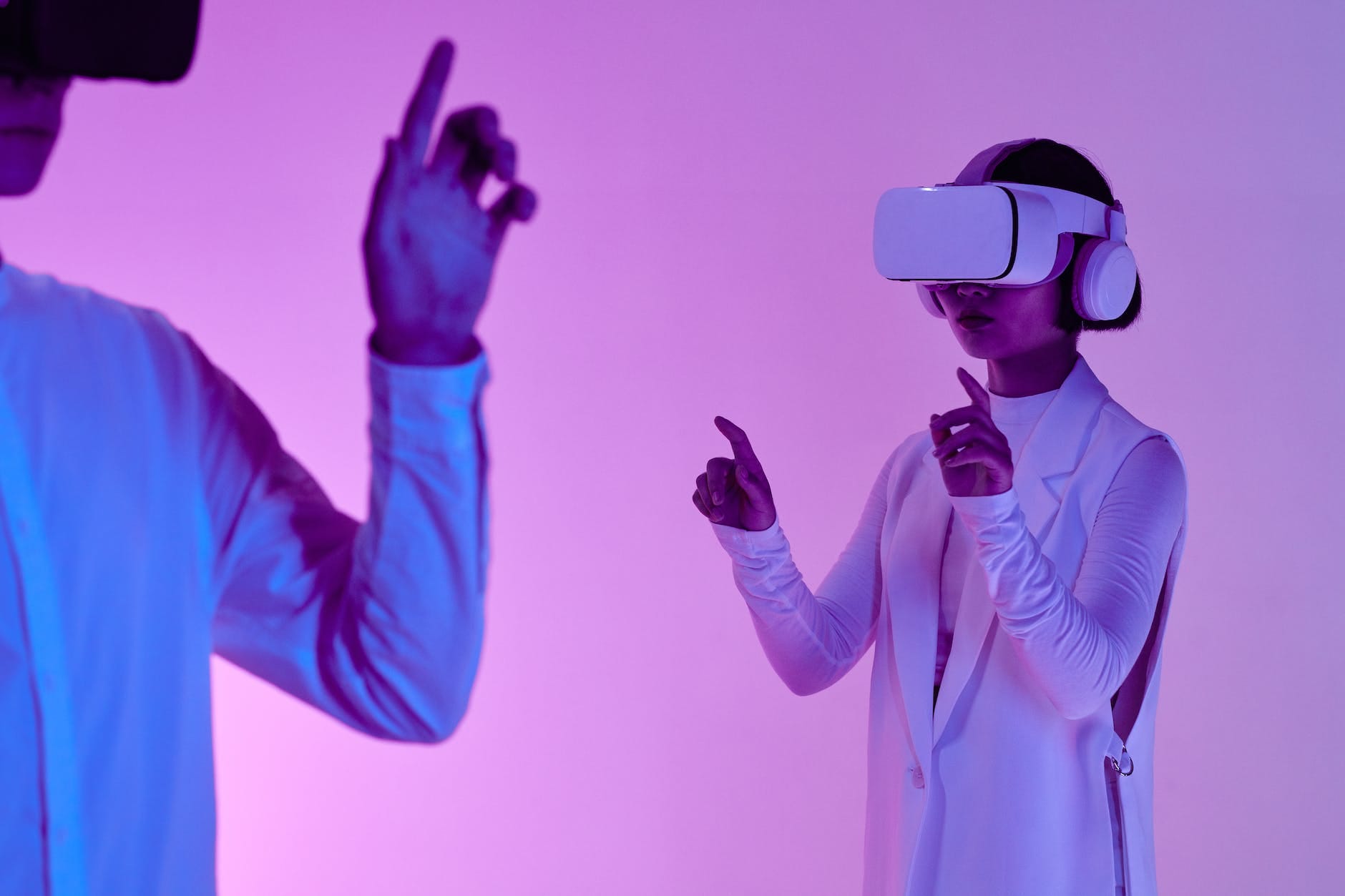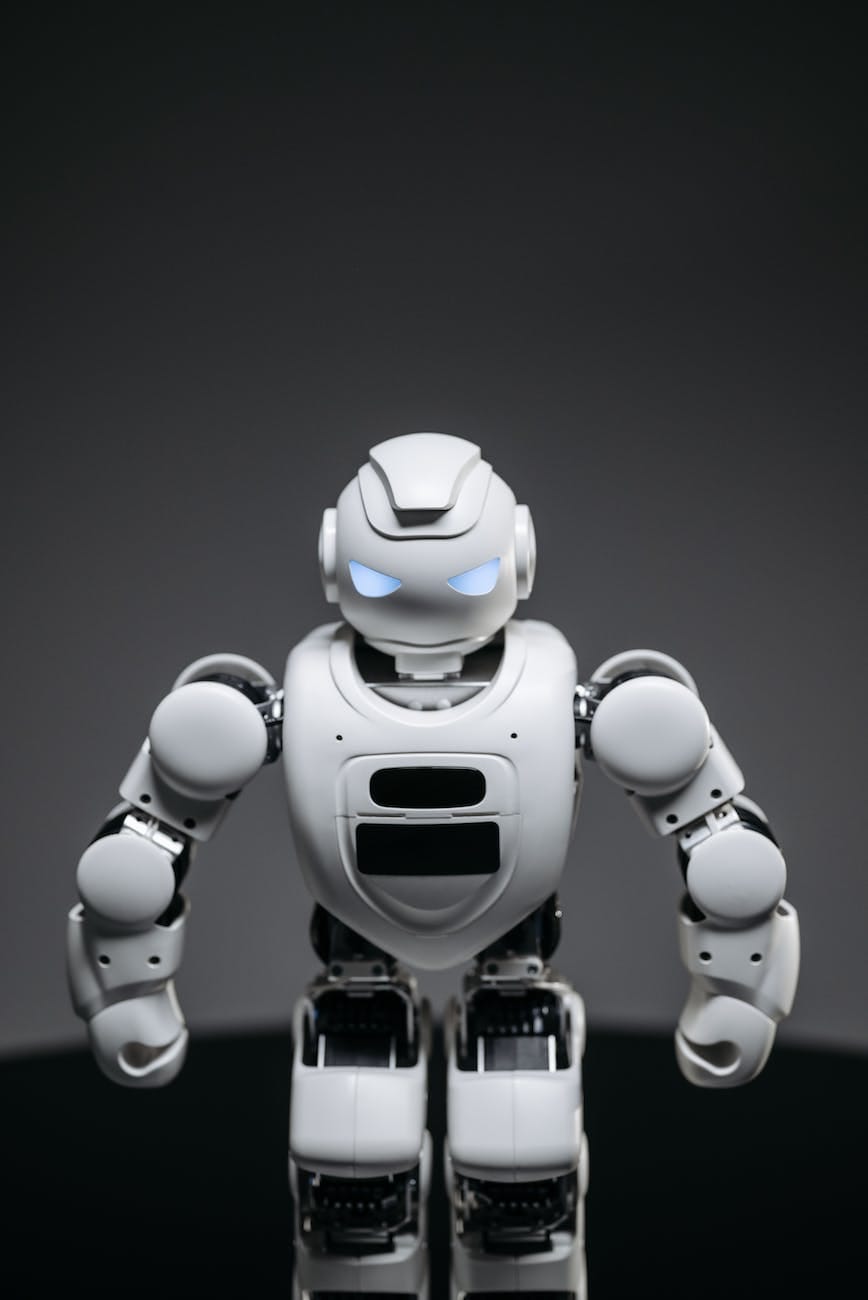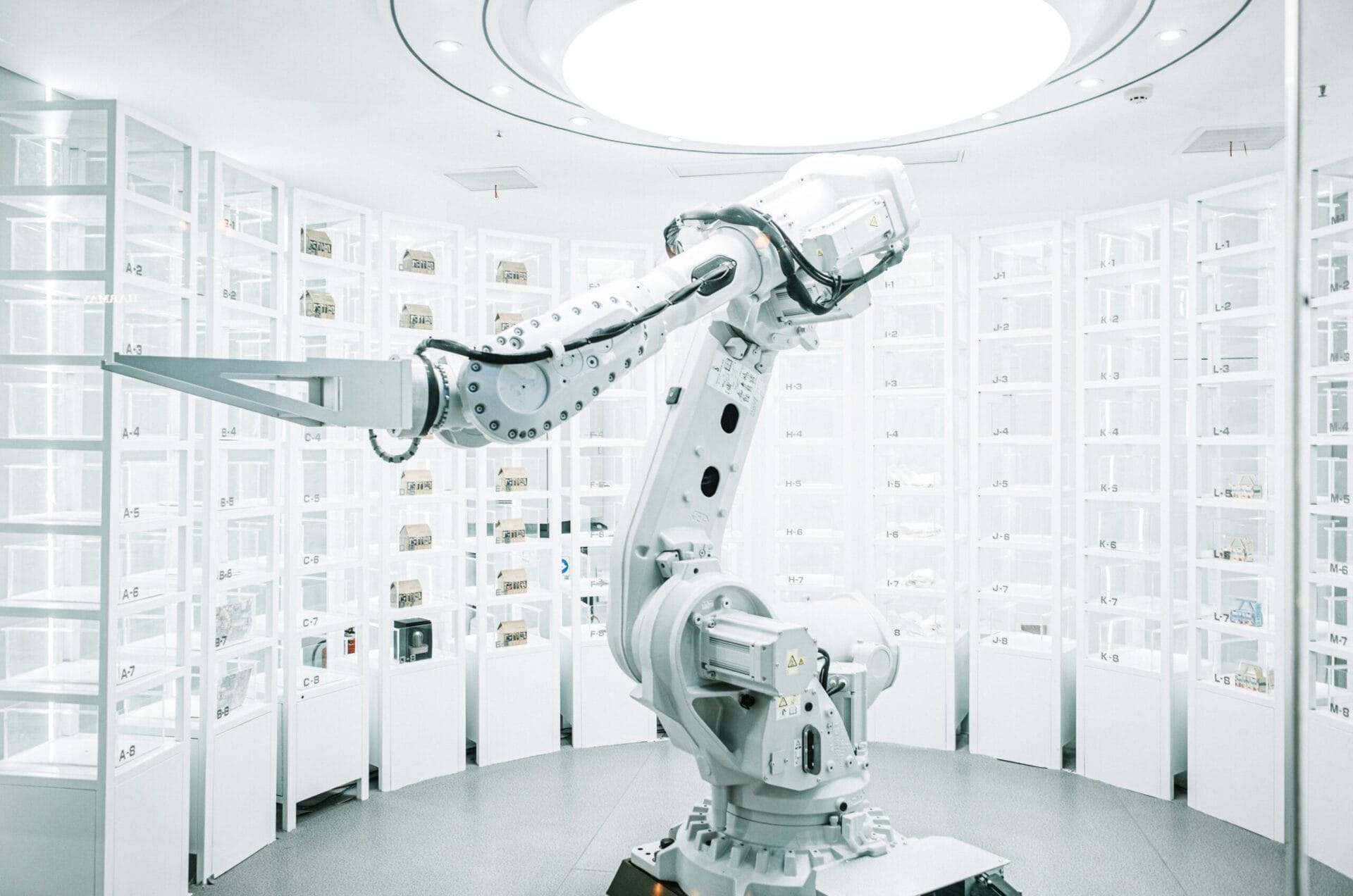Introduction
Claude AI has emerged as a game-changer in the ever-evolving landscape of artificial intelligence. With its cutting-edge capabilities and impressive performance, Claude has sparked the curiosity of tech enthusiasts and businesses. In this blog, we aim to answer some of the most frequently asked questions about Claude to shed light on its potential and demystify its functionalities.
What is Claude AI?
Claude AI is an advanced artificial intelligence system built upon the GPT-3.5 architecture developed by OpenAI. It’s a large language model designed to comprehend and generate human-like text, making it an excellent tool for various applications, from natural language understanding to creative writing.
Claude Chatgpt represents a significant leap in natural language processing, pushing the boundaries of what AI can achieve regarding language comprehension and generation. Its capabilities have been made possible by leveraging the vast amounts of data available on the internet and employing sophisticated deep-learning techniques.
2. How does Claude AI work?
Claude AI uses a deep learning technique called the Transformer architecture at its core. This consists of multiple self-attention mechanisms, enabling it to weigh the importance of different words and contexts in a sentence. This self-attention mechanism is the key to Claude AI’s ability to capture long-range dependencies in text and generate coherent responses.
During the training process, Claude learns from a massive dataset containing diverse text sources, including books, articles, websites, and other written material. The model continuously adjusts its parameters to minimize the difference between its generated output and the desired output in the training data. This iterative training process helps Claude refine its language understanding and generation abilities.

3. What sets Claude AI apart from other AI models?
Claude AI’s key differentiator lies in its vast scale and training data. As a part of the GPT-3.5 series, it has been trained on an incredibly diverse dataset comprising millions of web pages, articles, and books. This extensive training empowers Claude Chatbot to be more versatile, accurate, and contextually aware, setting it apart from earlier AI models.
Moreover, Claude boasts a mind-boggling number of parameters. This extensive parameter count allows Claude AI to capture intricate nuances of language and provide more detailed and contextually relevant responses.
4. What applications can benefit from Claude AI?
Claude AI finds practical applications in various industries. Some prominent use cases include:
– **Content Creation**: Claude AI can generate high-quality articles and blog posts. It can be a valuable tool for copywriters and marketers looking to produce engaging and relevant material.
– **Customer Support**: Many businesses have integrated Claude into their customer support systems. It can handle customer queries, provide support, and assist with troubleshooting. Responding promptly and accurately to customer inquiries enhances the overall customer experience.
– **Language Translation**: Claude AI can aid in real-time translation of text from one language to another. Its robust language understanding provides more contextually accurate translations than traditional translation tools.
– **Personal Assistant**: With its natural language understanding, Claude can be integrated into apps or devices to offer personalized recommendations and reminders. It can understand user preferences and behaviors, making interactions more intuitive and seamless.
– **Creative Writing and Storytelling**: Claude AI can unleash creativity by generating compelling narratives, poetry, and fictional stories. Writers and storytellers can use it as an inspirational tool to spark their imagination.

What are the limitations of Claude AI?
Though impressive, Claude AI does have its limitations. As a language model, it heavily relies on the data it was trained on. Consequently, it may sometimes generate inaccurate or biased responses based on its training data, as it lacks real-world experience and common sense reasoning.
Additionally, Claude cannot exhibit empathy or emotions, which might be essential in certain scenarios requiring human touch, such as counseling or emotional support.
Another limitation arises from the massive computational resources required to run the model effectively. This restricts its availability to those with access to significant computing power or the API provided by OpenAI.
Moreover, Claude Chatgpt may sometimes generate plausible-sounding but incorrect or nonsensical answers, as it doesn’t possess true understanding and reasoning capabilities. Users need to be aware of this and critically evaluate its responses.
6. Is Claude safe to use?
OpenAI has put significant effort into ensuring the safety of Claude AI. However, like any powerful technology, it should be used responsibly and ethically. Steps have been taken to minimize harmful outputs, and users are encouraged to give feedback on problematic outputs to improve the system further.
One potential concern with AI models like Claude AI is their susceptibility to adversarial attacks. Adversarial attacks involve making small, carefully crafted changes to input data to deliberately produce incorrect or misleading responses. OpenAI continuously works to enhance Claude AI’s robustness against such attacks and regularly updates it to improve its security.

7. Can developers build their applications using Claude AI?
Absolutely! OpenAI has made an API (Application Programming Interface) available, enabling developers to integrate Claude AI’s capabilities into their own applications, products, or services. This API access allows developers to harness the power of Claude AI and create innovative solutions tailored to their specific needs.
The API offers different usage tiers, providing developers various access levels and capabilities. This flexibility enables developers to choose the option that aligns with their requirements, whether for experimentation or full-scale production deployment.
OpenAI has established usage policies that developers must adhere to to ensure the responsible and ethical use of Claude. These policies aim to prevent malicious misuse of the technology and maintain a safe and secure environment for all users.
Conclusion
Claude AI represents a remarkable leap in artificial intelligence, revolutionizing how we interact with technology and unlocking new possibilities for various industries. Its potential applications seem boundless, and as it continues to evolve, we expect Claude AI to play a significant role in shaping the future of AI-driven solutions.
While Claude demonstrates its prowess in understanding and generating human-like text, it is crucial to remember that it’s a tool to augment human capabilities, not replace them. Responsible and ethical use of AI remains paramount as we explore the endless horizons of this exciting technology.
As developers, researchers, and businesses collaborate to push the boundaries of AI, it is imperative to strike a balance between innovation and safety. OpenAI’s commitment to transparency, ethical guidelines, and continuous improvement ensures that Claude AI remains a powerful and responsible ally in our journey towards a future empowered by artificial intelligence. By embracing the potential of Claude AI while respecting its limitations, we can harness its capabilities to drive positive change and innovation across various domains, making the world more intelligent, connected, and efficient.

